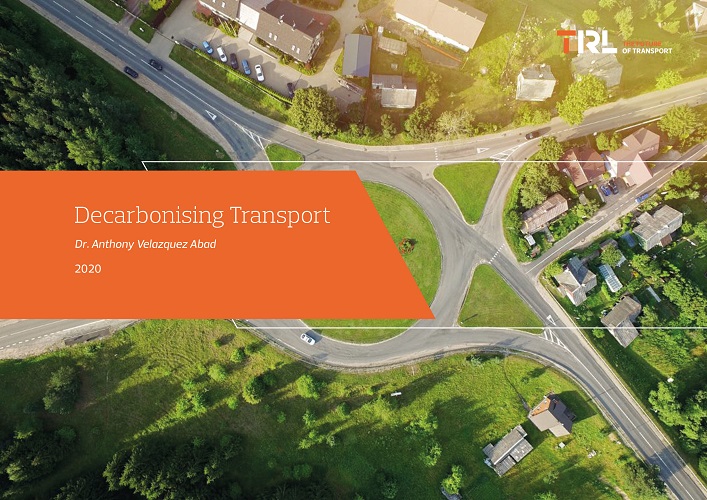The UK’s Green Industrial Revolution vision announced by the UK’s Government at the end of 2020 requires the development of an immediate, comprehensive and well-funded decarbonisation plan. A plan built around a broader industrial strategy that considers carbon prices and other environmental, social and economic policies, positions the country in the right path to meet the UK interim carbon budgets and achieving net zero by 2050. This will require major changes to how people and goods move, implemented through a system-based approach.
TRL has a deep technical understanding of new transport solutions and their societal implications, as well as the potential changes required to associated policies and regulations, market structures and energy systems. Consideration of consumer experiences, choices and motivations is paramount to successfully manage a transition to net zero.
Research priorities
We believe that there are three main approaches to achieve “the plan” and successfully decarbonise transport:
- Managing transport demand and influence behavioural changes to steer modal shift towards public transport, active travel and eliminating unnecessary trips
- Research and innovation to develop or improve low carbon technologies and sustainable, flexible and resilient energy pathways
- Improving transport operational efficiency by maximising vehicle occupancy, loading factors and optimisation of transport systems
TRL has identified the need for five major research focus areas:
- Systems modelling to support decision-making
- Technology development, monitoring and evaluation
- Stimulating and optimising demand and operational efficiency
- Net zero carbon planning and audits
- Climate adaptation and resilience modelling

